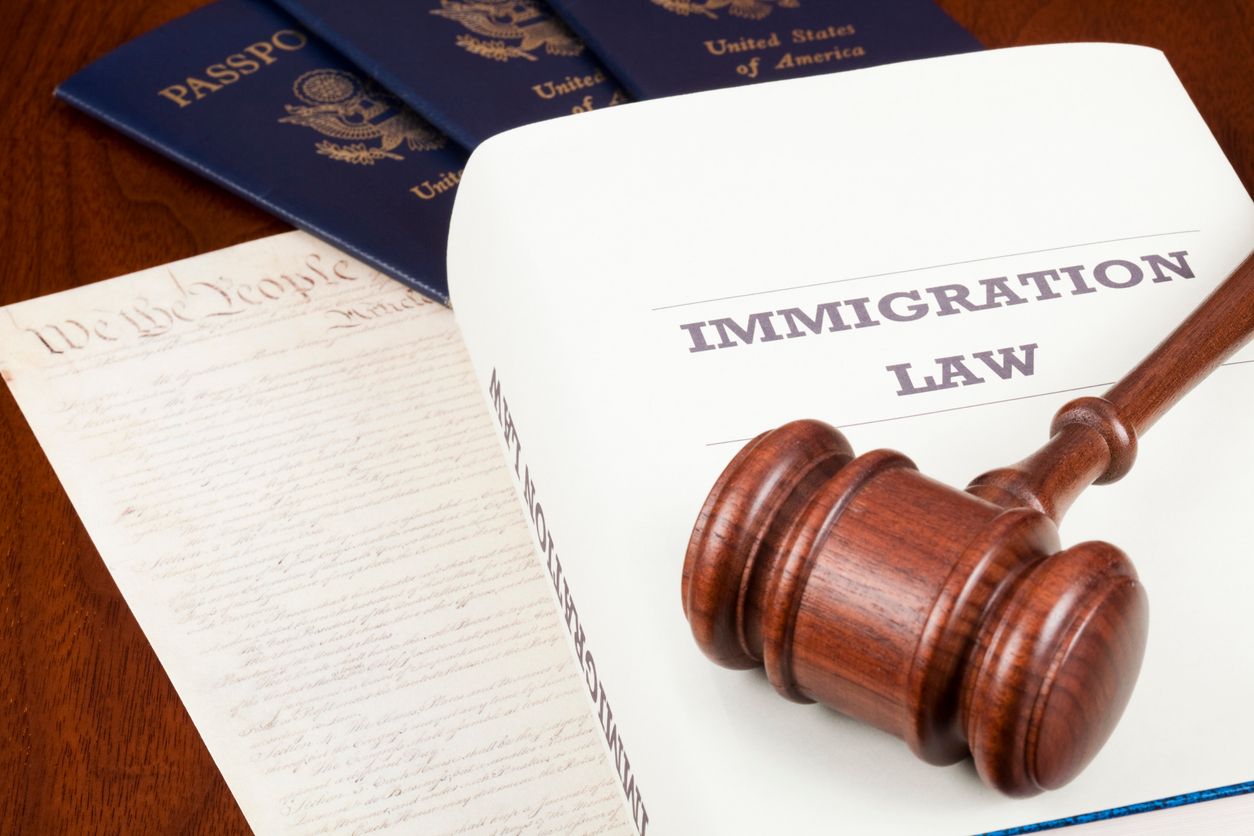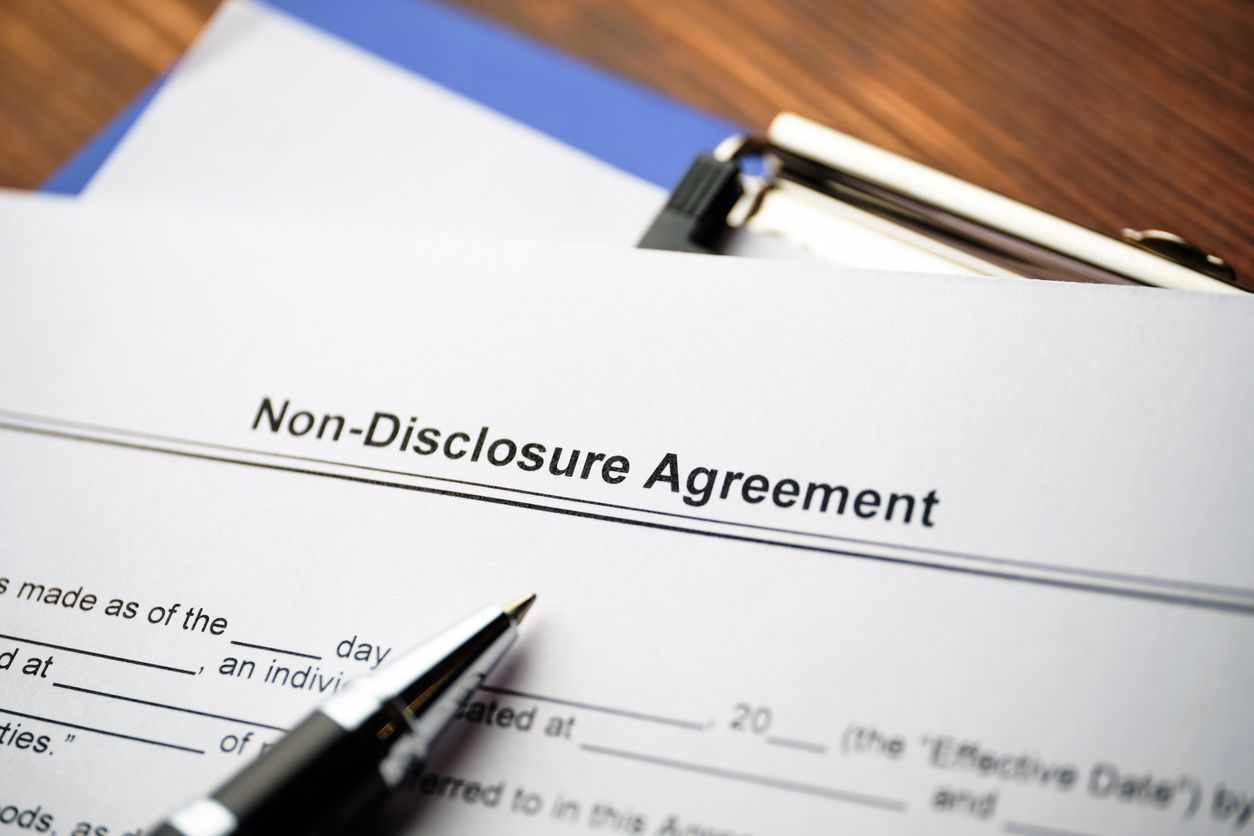When Force Majeure Can Be Used to End a Contract
When trying to get out of a contract, there are limited options to break it without being in breach of contract. One legal option is force majeure.
Learn what force majeure is, when it can be used, and how an attorney can help you determine if it applies to your situation.
What is Force Majeure?
Force majeure is a clause that is typically included in all contracts to remove liability if there are unforeseeable or catastrophic events that prevent the parties from fulfilling their obligations outlined in the contract.
This means that if there is an earthquake or a tornado that damages buildings or prevents people from attending events or getting to work, obligations outlined in the contract can be terminated.
When Force Majeure Can Be Used
While force majeure can get you out of a contract, it can only be used in specific circumstances. Some of these can include:
Unforeseeable Events: Force majeure clauses typically cover events that are beyond the control of the parties involved. Commonly referred to as “acts of God,” these can include natural disasters such as earthquakes, floods, hurricanes, or wildfires.
Government Actions: It can also apply to government actions or regulatory changes that prevent the parties from fulfilling their contractual obligations. This can include a new law that prohibits parts of the contract from being carried out.
War or Armed Conflict: If war breaks out, or if there is an armed conflict, civil unrest, or act of terrorism, force majeure can be used to terminate a contract if the terms cannot be completed.
Pandemics: If a pandemic breaks out and contractual obligations cannot be performed, force majeure may be used. This was demonstrated during the COVID-19 outbreak. When businesses were shut down and people were unable to work, parties were unable to hold up their ends of contracts.
Strikes: If strikes or labor disputes disrupt business and parties in the contract cannot fulfill their obligations, force majeure may be used. However, it’s essential to review the language in the contract to ensure the force majeure clause covers these events.
Supplier Issues: If a key supplier or contractor fails to deliver goods or services due to a force majeure event, the affected party may be entitled to invoke force majeure to terminate or suspend the contract. This means if a hurricane or other natural disaster prevents goods from getting to the needed party, the contract may be terminated. The contract should be reviewed closely to make sure the specific language states the force majeure clause can be used.
Severe Equipment Failure: If severe or unforeseen equipment failure prevents the performance of the contract, force majeure may be invoked. However, it is essential to review the contract language and any specific provisions related to equipment failure or breakdown.
Why You Need an Attorney
There are a variety of events that may qualify for force majeure. However, to terminate a contract, it’s essential to ensure the right language is in the contract. You need an experienced business attorney to review your contracts before signing to see how force majeure is described and under what circumstances it can be used to break a contract. An attorney knows the right process to follow and how to work with the other party to ensure needs are met.
Why Hire Us
When you need to break a contract and want to know if force majeure can be used, let our business attorneys at Johnstone Adams LLC help you.
Ranked in the 2023 U.S. News – Best Lawyers® “Best Law Firms” list regionally in 12 practice areas, we have experts in many areas of law to give our clients top-notch representation. In business for more than a century, our firm can mix its experience with the ability to evolve with the changing times.
To get started, contact us at
251-319-4659 or
info@johnstoneadams.com
.















